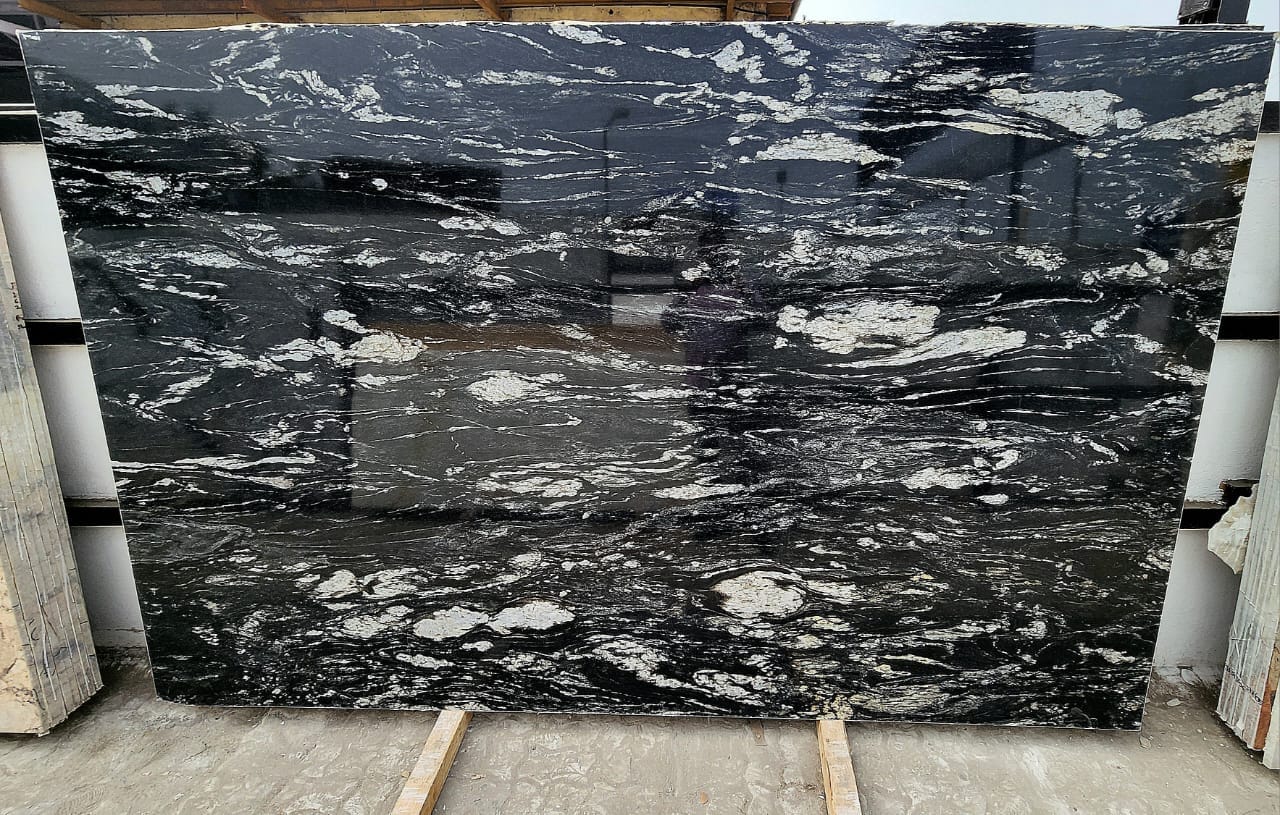In today’s world, sustainable construction practices are more important than ever. Builders and homeowners alike are seeking materials that not only enhance the aesthetic appeal of their properties but also contribute positively to the environment. Granite is one such material that stands out for its numerous environmental benefits. In this article, we will explore how using granite in construction can help create a more sustainable future.
Natural Durability and Longevity
One of the primary environmental benefits of granite is its natural durability and longevity. Granite is an igneous rock formed from the cooling and solidification of magma beneath the earth’s surface, making it one of the hardest and most durable materials available. This durability translates to a long lifespan for any construction project that incorporates granite.
Benefits:
- Reduced Resource Consumption: Due to its long lifespan, granite reduces the need for frequent replacements, thereby conserving natural resources and reducing waste.
- Lower Maintenance: Granite requires minimal maintenance compared to other materials, which means fewer chemicals and cleaning products are needed over its lifetime.
Energy Efficiency in Production
The production of granite, from quarrying to finishing, is less energy-intensive compared to many synthetic materials. Although extracting and processing natural stone does require energy, the overall energy expenditure is significantly lower than that required for manufacturing man-made materials like concrete or ceramic tiles.
Benefits:
- Reduced Carbon Footprint: Lower energy consumption during production translates to a smaller carbon footprint, making granite a more environmentally friendly choice.
- Natural Formation: Granite’s natural formation process does not require industrial intervention, further minimizing environmental impact.
Local Sourcing and Reduced Transportation Emissions
Granite can often be sourced locally, reducing the transportation emissions associated with importing materials from distant locations. For instance, Granite Exporters in Rajasthan, such as Ganga Dhara Exports, provide high-quality granite sourced from local quarries, which helps in reducing transportation-related carbon emissions.
Benefits:
- Support for Local Economies: Sourcing granite locally supports local businesses and economies, fostering community development.
- Lower Transportation Emissions: Reduced need for long-distance transportation decreases fuel consumption and greenhouse gas emissions.
Natural Aesthetic and Versatility
Granite’s natural beauty and versatility make it an ideal choice for a wide range of construction applications, from kitchen countertops and bathroom vanities to flooring and exterior facades. Its unique patterns and colors can complement various design styles, eliminating the need for additional finishing materials that might have higher environmental costs.
Benefits:
- Reduced Need for Finishes: Granite’s inherent aesthetic appeal often eliminates the need for additional finishes, paints, or sealants, which can contain harmful chemicals.
- Versatility in Use: Its versatility reduces the need for multiple materials in a single project, streamlining the construction process and minimizing waste.
Recyclability and Reusability
Granite is a fully recyclable material. At the end of its life cycle in a particular application, granite can be repurposed for use in other projects. This recyclability ensures that granite remains out of landfills and continues to provide environmental benefits long after its initial use.
Benefits:
- Sustainable Waste Management: Recycling granite reduces the strain on landfills and promotes sustainable waste management practices.
- Extended Lifecycle: Repurposing granite extends its useful life, maximizing the environmental benefits over time.
Eco-Friendly Maintenance
Maintaining granite surfaces is straightforward and requires fewer chemical cleaners compared to other materials. Simple cleaning with water and mild soap is usually sufficient to keep granite looking its best, which means fewer harsh chemicals are introduced into the environment.
Benefits:
- Reduced Chemical Use: Fewer chemical cleaners mean less environmental contamination and a healthier indoor environment.
- Water Efficiency: Granite’s low maintenance needs also translate to reduced water usage over its lifetime.
Contribution to Healthy Indoor Air Quality
Granite is a natural material that does not emit volatile organic compounds (VOCs), which are common in many synthetic materials and can negatively impact indoor air quality. Using granite in construction can contribute to healthier indoor environments, particularly in homes and commercial buildings.
Benefits:
- Improved Indoor Air Quality: No VOC emissions ensure that indoor air remains clean and healthy, benefiting occupants’ health.
- Allergen-Free Environment: Granite surfaces do not harbor allergens, dust, or bacteria, making it an ideal choice for allergy sufferers.
Conclusion
Choosing granite for construction projects offers numerous environmental benefits, from its natural durability and energy-efficient production to its recyclability and contribution to healthy indoor air quality. By selecting granite, builders and homeowners can reduce their environmental impact while enjoying a beautiful, long-lasting material.
For those looking to incorporate granite into their projects, Granite Suppliers in Rajasthan like Ganga Dhara Exports provide a reliable source of high-quality granite. Their commitment to sustainability and quality ensures that you receive the best materials for your construction needs.
Embrace the environmental benefits of granite and make a positive impact on both your living space and the planet. Choose granite for a sustainable and stylish future.

